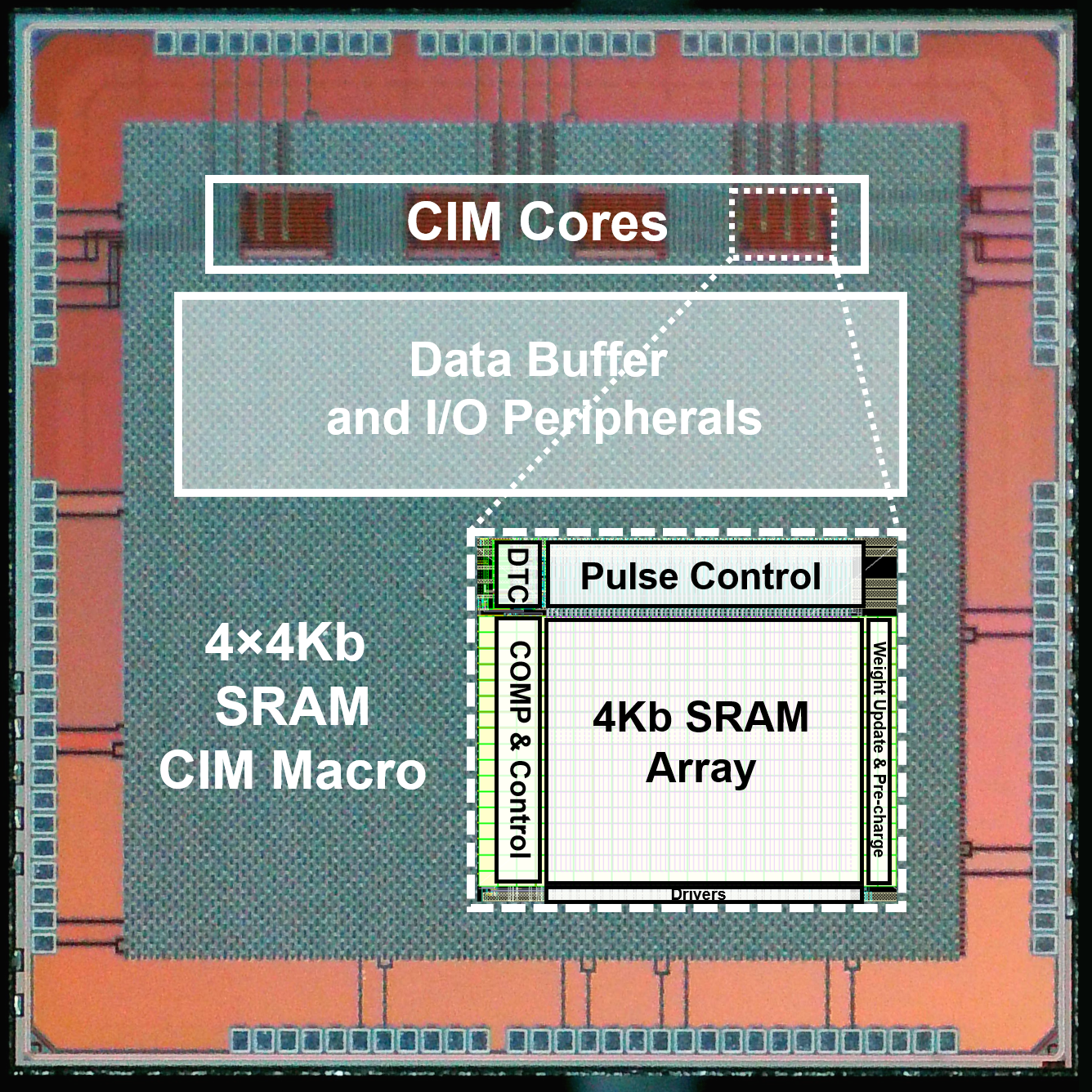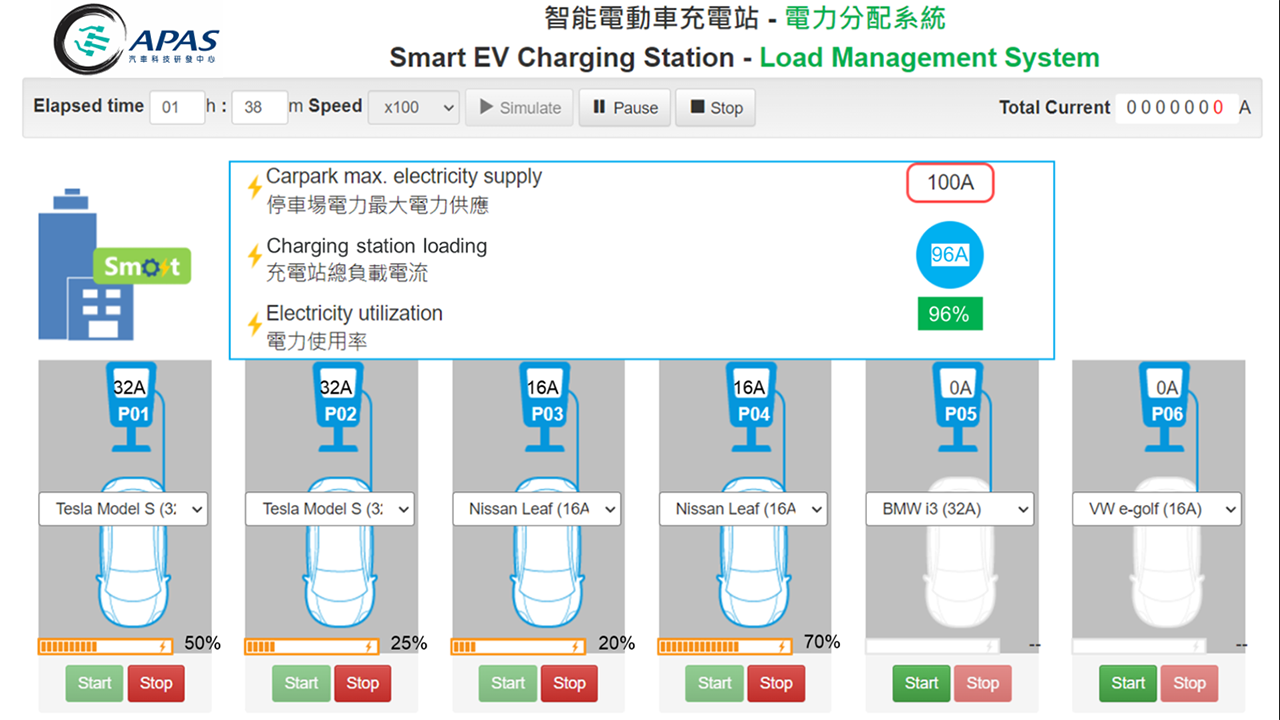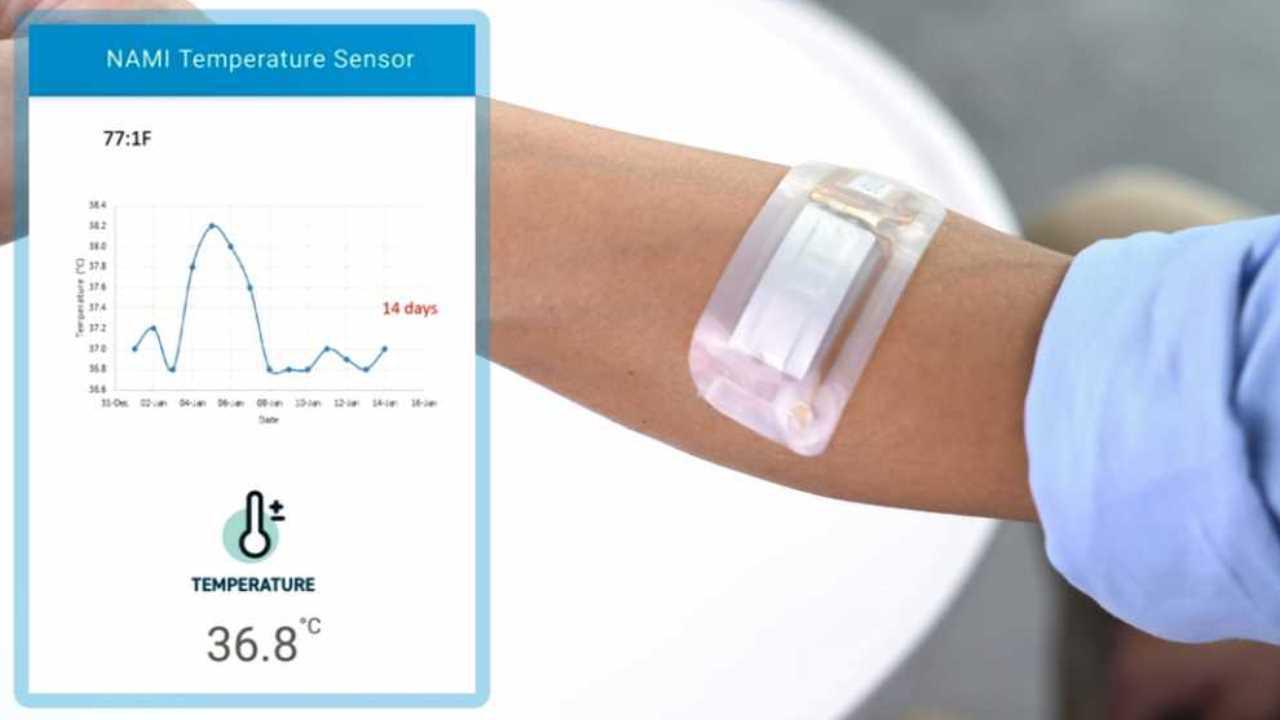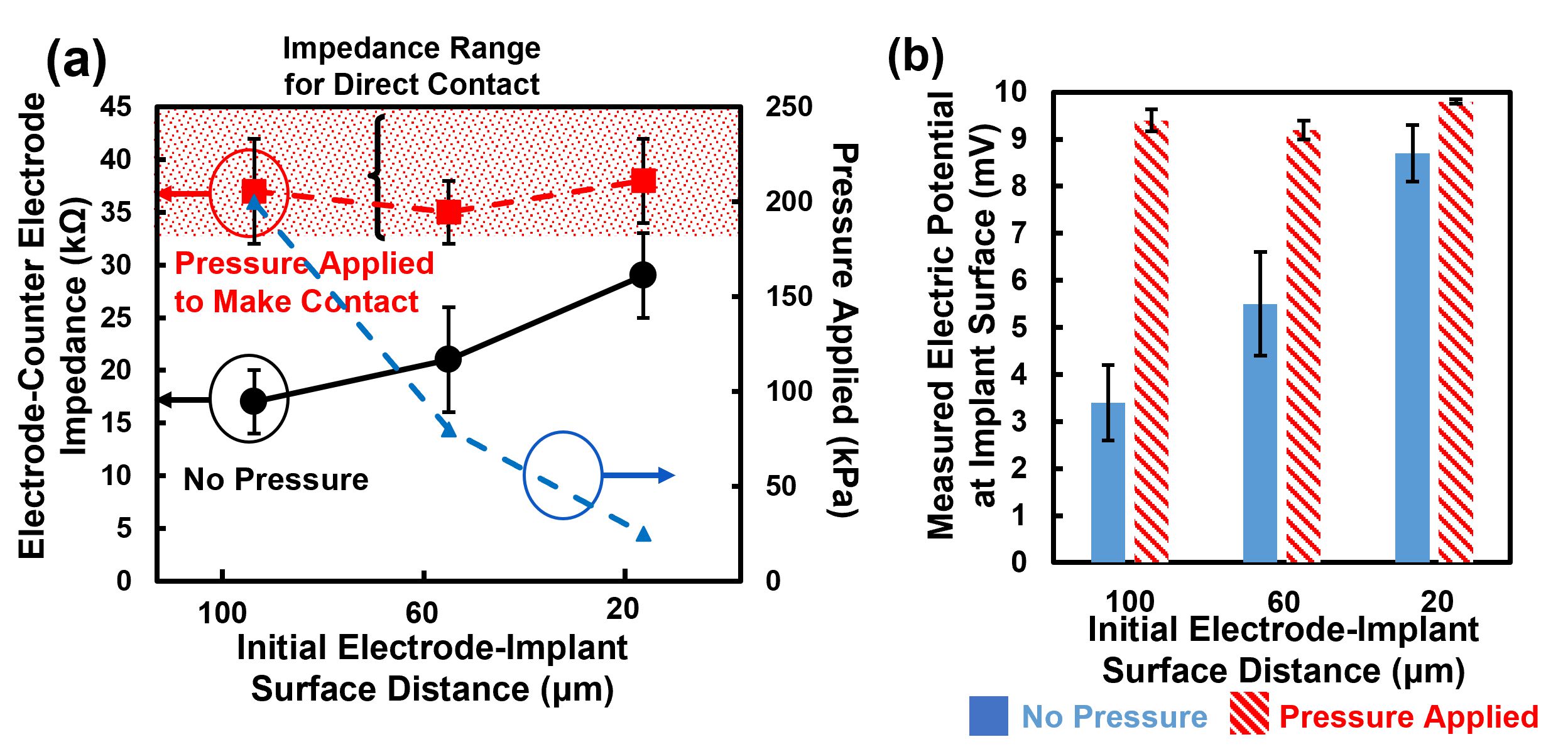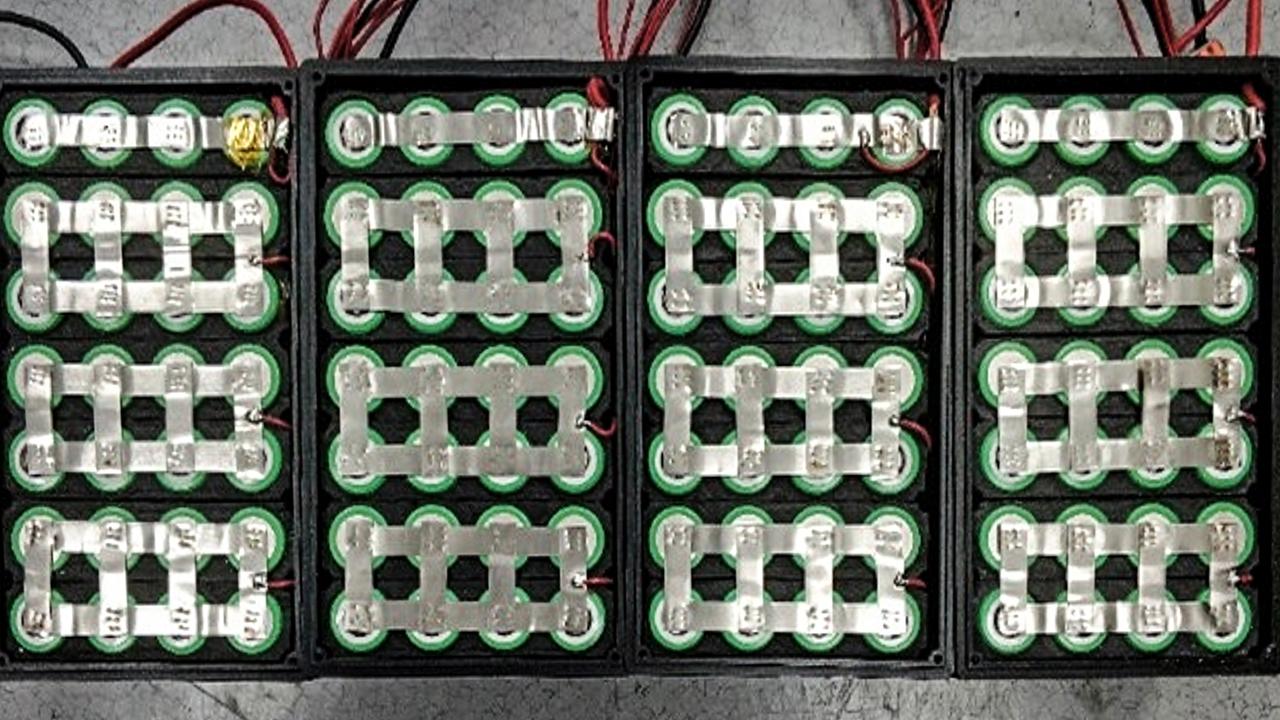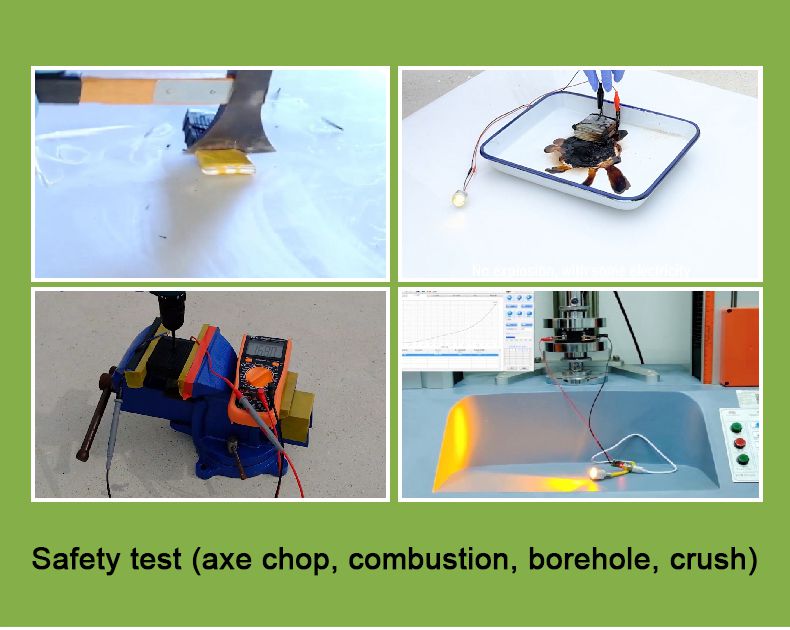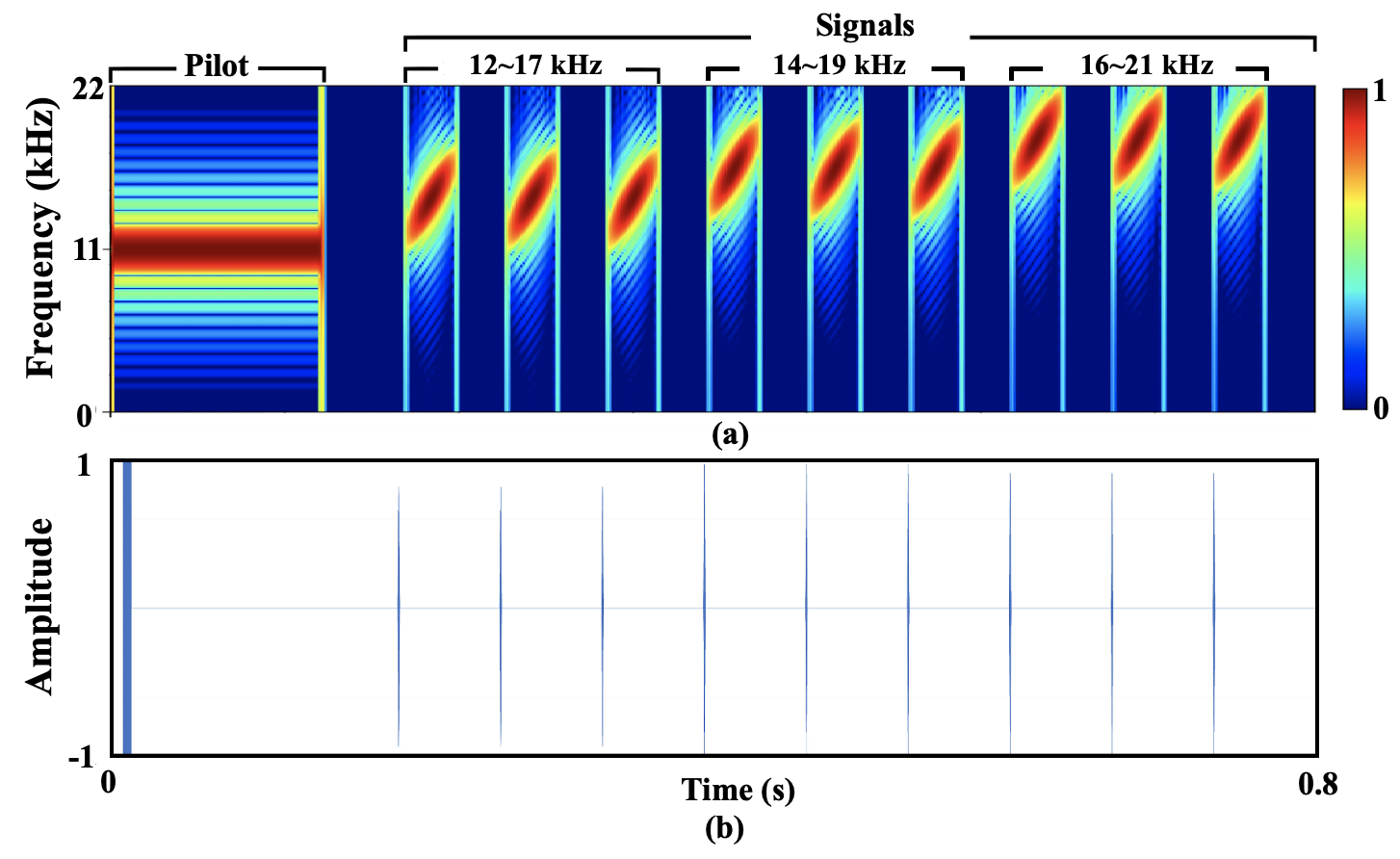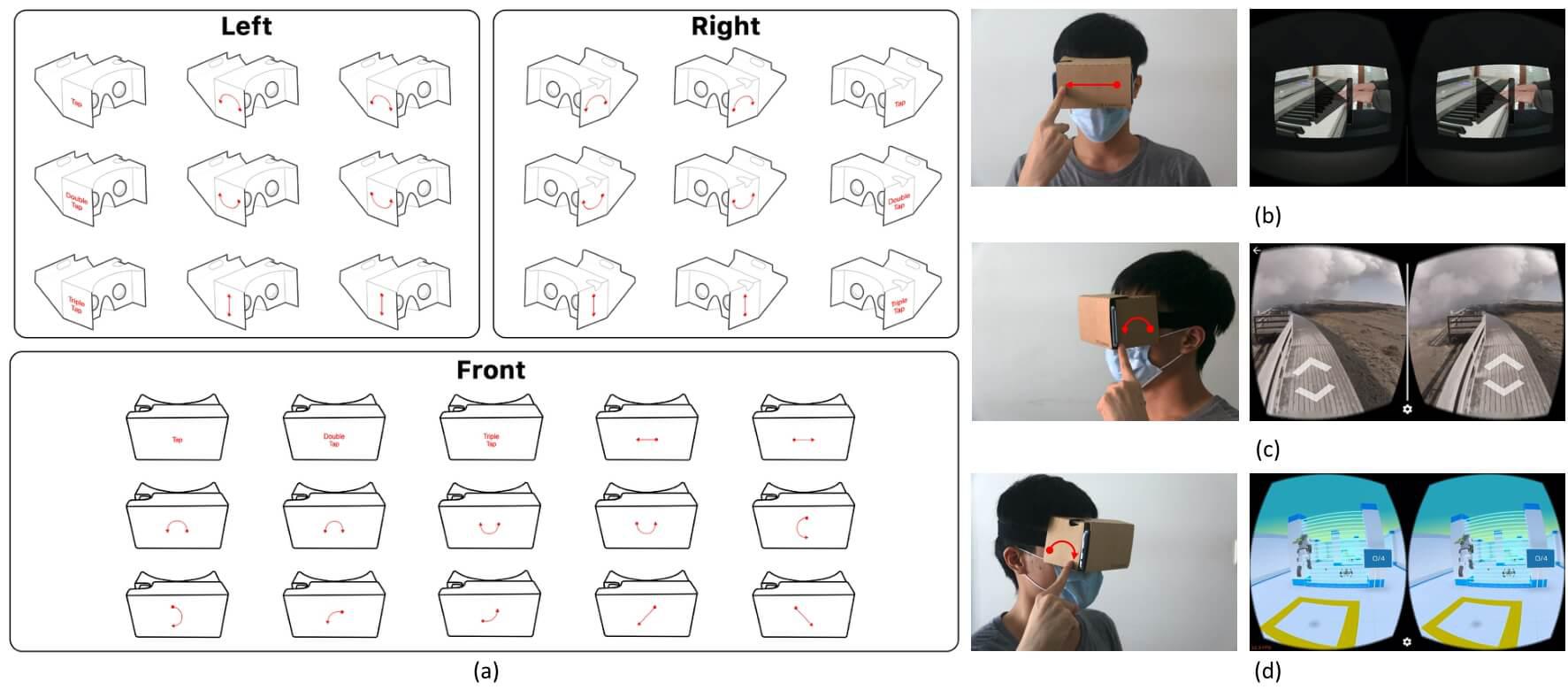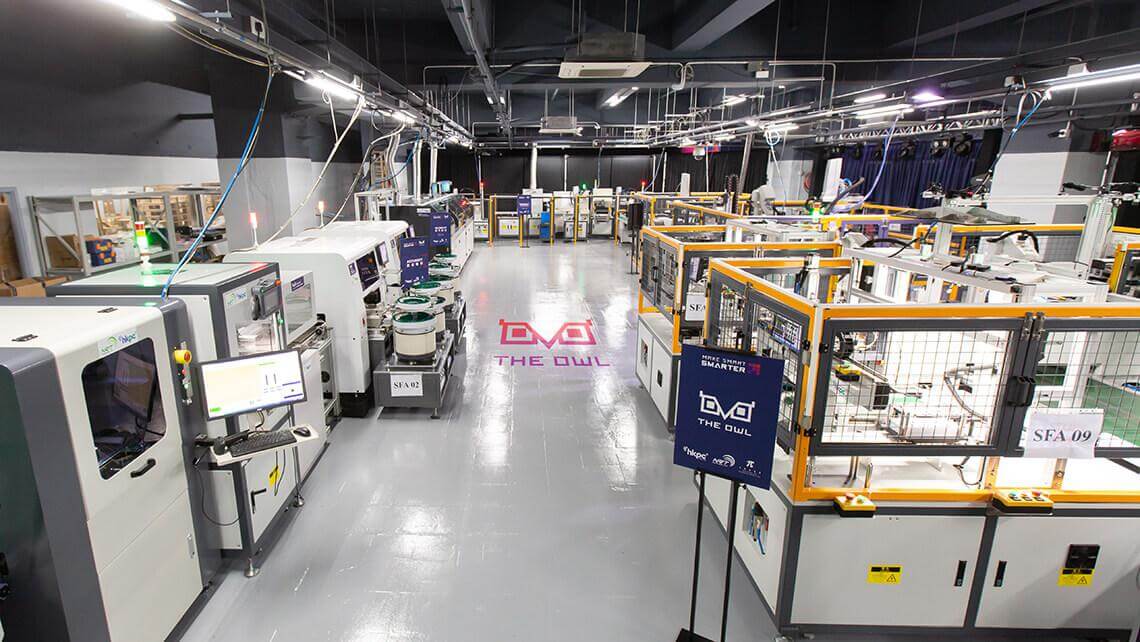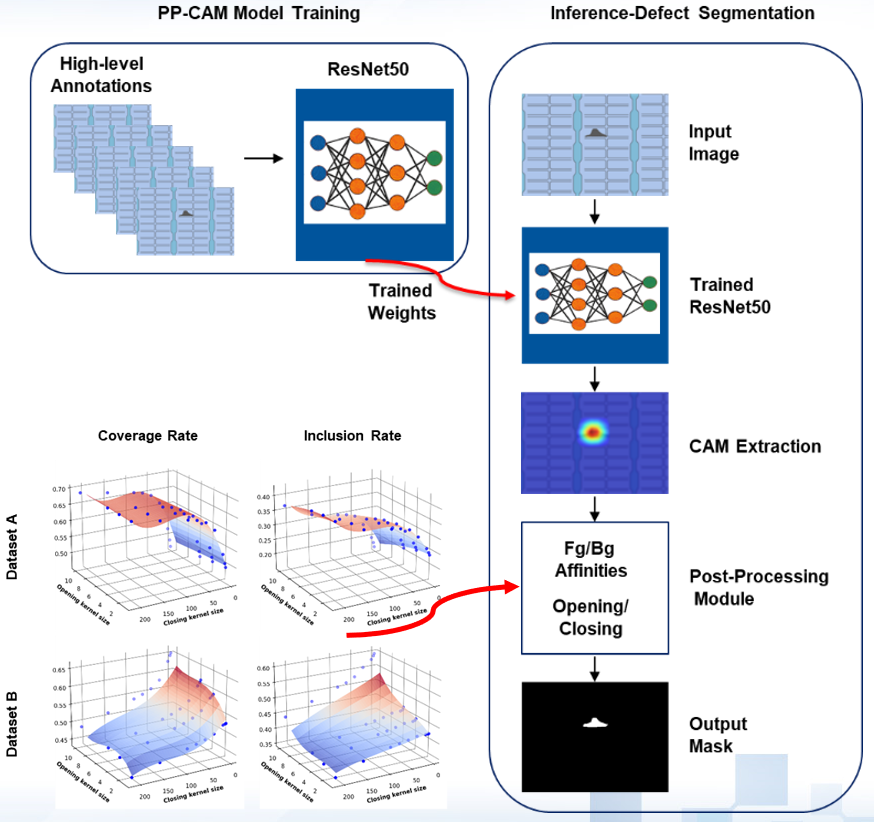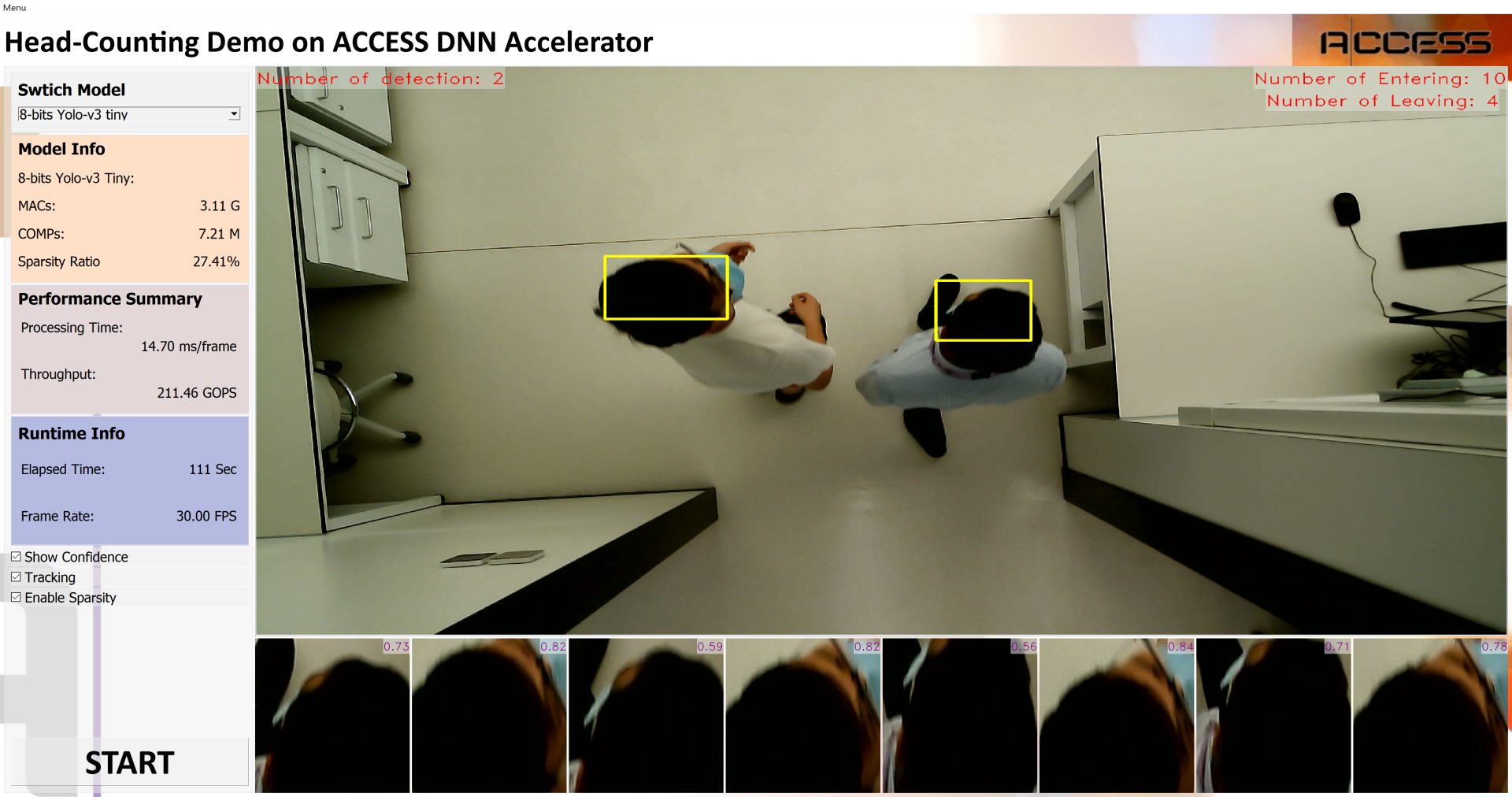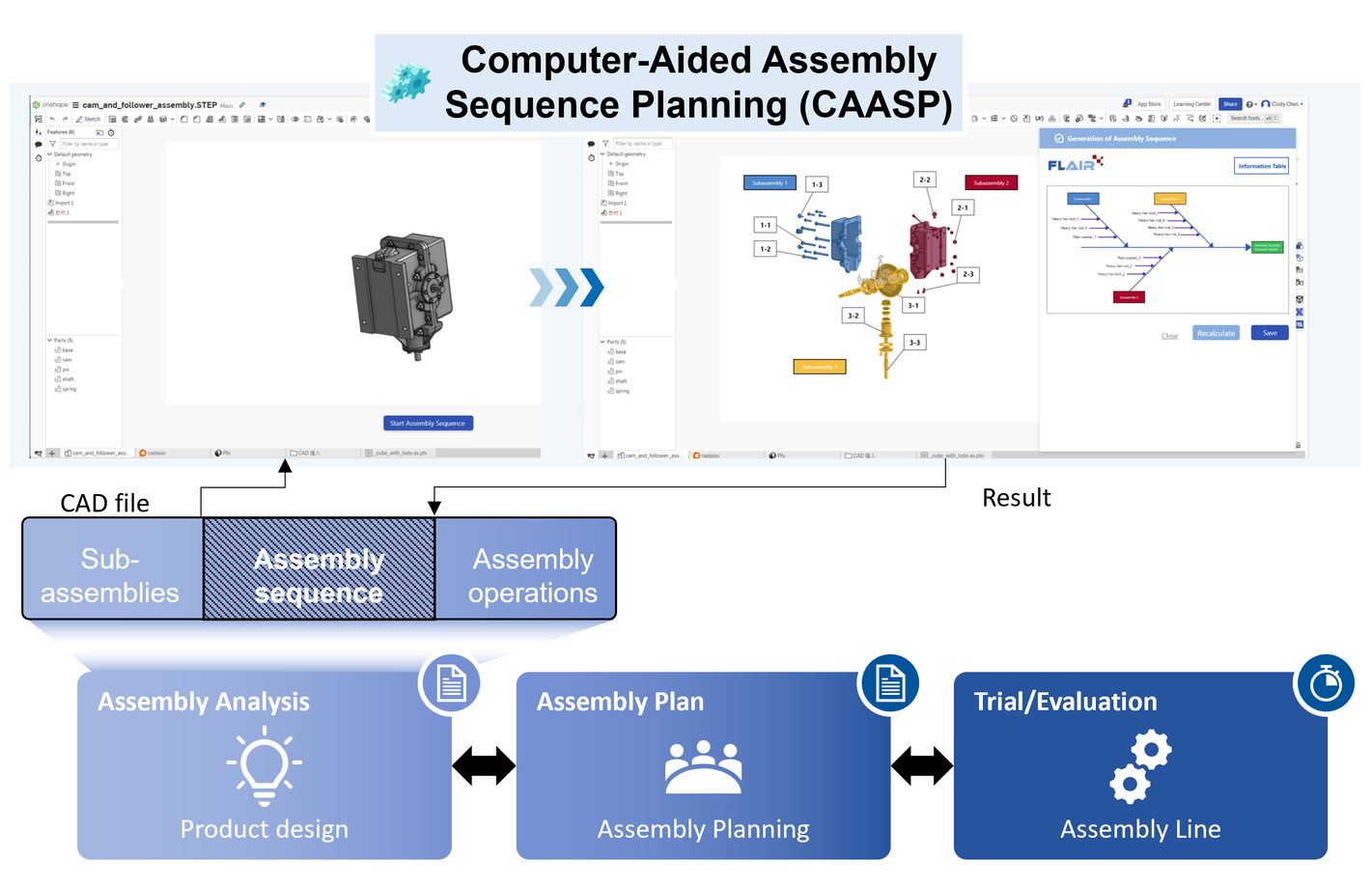
SRAM-based Computing-in-Memory (CIM)

ACCESS developed a time-modulated current-based computing-in-memory SRAM macro for executing MAC operations for neural networks. A new generation design of 16Kb SRAM array supporting multi-bit activation, weight, and output was completed and implemented in 40nm CMOS technology. Its performance and energy efficiency are significantly superior to the state-of-the-art and the technology can be used in edge health care and broader AI IoT applications.
Designing modern energy-efficient high-precision AI accelerator that can be put entirely in resource-constrained IoT devices
- Novel time-assisted current-based SRAM array for high-precision analog computing
- Configurable technology to support both deep learning neural networks and spiking neural networks
- Enable ultra-low-power AI chips powered by a button battery
- Configurable for both deep learning neural networks and spiking neural networks that support edge healthcare and broader AI IoT applications
- Mass-production using the mature CMOS technology
- Edge healthcare and various AI IoT devices and applications
- Embedded into various intelligent sensor chip products.
Specialized AI chips will be a key factor driving the AI revolution. To cope with this emerging demand on hardware, the AI Chip Center for Emerging Smart Systems (ACCESS) is putting Hong Kong on the global map of AI chip and hardware design. ACCESS is a tightly coordinated, multi-disciplinary center for advancing integrated circuit (IC) design technologies to enable novel data-centric computing paradigms supporting a wide range of AI applications. Putting together world-class experts, the Center is focus on the research theme of designing customised AI chips to realise ubiquitous AI applications used throughout society.
The research agenda in ACCESS is organised into four programmes:
- Enabling Technology for Emerging Computing Systems addresses memory and data bandwidth problems to alleviate the bottlenecks of AI hardware by exploring integration of silicon-compatible emerging technologies with scaled silicon chips.
- Architecture and Heterogeneous System Integration focuses on exploring different new architectural and system integration solutions for efficient neuromorphic computing on platforms ranging from cloud to smart Internet of Things.
- AI-Assisted EDA (Electronic Design Automation) for AI Hardware hopes to develop new design methodologies and design automation tools for AI chips.
- Hardware-Accelerated AI Applications emphasise selected emerging applications for hardware acceleration, exploring system architecture and new design tools specific to the target applications to achieve breakthroughs in AI hardware in speeds and energy efficiency.
For more inforamtion, please check: https://inno-access.hk/


